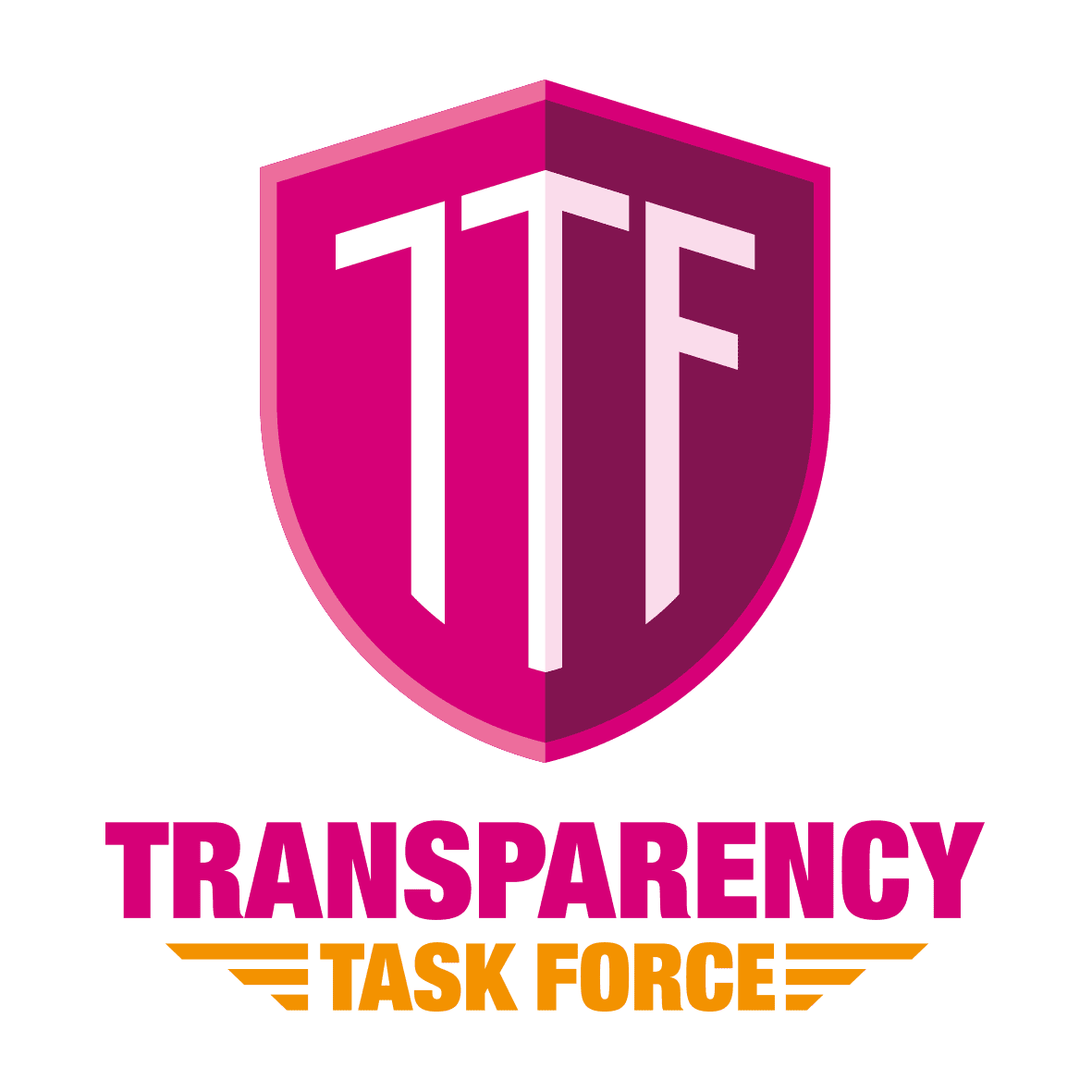How can we accelerate the rebuilding of trustworthiness and confidence in financial services?
Hong Kong, RPC, 8/F, One Taikoo Place, 979 King's Rd, Quarry Bay - 10/10/2019 9:00 am
Places are limited; to secure yours:
Click on the button below to secure your place and note that there are 3 ticket options: Standard, Discounted and Complimentary.
We are a not-for-profit and we desperately need funds to cover our costs and keep our many finance reform initiatives alive – we’re just about surviving.
You can pay through PayPal or invoice.
Many thanks to :

What can you expect at the symposium?
You can expect to be amongst progressively-minded and collaboratively-minded people who are keen to understand how they can get involved with a truly pioneering project that is dedicated to reforming the financial services industry.
We are working together to help rebuild trust and confidence in financial services and to help consumers get a better deal.
You will learn all about the project – how it started; what has happened so far; what is going to be happening in due course and so on.
In particular, you will be able to learn about and feed into the creation of a “Framework for Finance Reform.” At the heart of the “Framework for Finance Reform” are “The 12 Finance Development Goals.”
The 12 Finance Development Goals are a similar concept to the United Nations’ Sustainable Development Goals but instead of dealing with issues such as hunger, climate change, access to clean water and gender equality; they deal with well-known financial services problem areas such as conflicts of interest, the “profits before principles” mindset, the need for better governance and the desperate need for greater transparency.
The development of the Finance Development Goals (FDGs) is bringing together a very wide cross-section of stakeholders, right around the world, including politicians, policymakers, financial regulators, financial trade bodies and professional associations; plus many commercial organisations, leading academics and think tanks etc.
You will learn how the project is gaining traction amongst a wide cross-section of stakeholders including policymakers, politicians, regulators, professional associations, trade bodies, academics, thought leaders, commercial organisations; plus investment, insurance, banking and pension professionals, and so on.
There will be presentations from individuals with interesting insights and experiences to share; plus a panel session.
There will be ample scope for discussion and debate so that all attendees will be able to share their views and ideas.
You can expect the meeting to function as a highly interactive and highly engaging workshop, where everybody gets the opportunity to participate as much as they would like to.
We know that using that approach we will be able to harness the camaraderie, collegiality and willingness to collaborate that the project is already cultivating, right around the world.
For more detail about the project…
Click on the button below to get to a web page dedicated to providing a full and detailed explanation of the project:
Bios of key participants provided thus far*
Andy Agathangelou FRSA, Founder,, Transparency Task Force
Andy will be Chairing the Symposium. His overall objective is to galvanise support for the idea that greater transparency in financial services can drive positive, transformational change for the benefit of all.
Andy formed the Transparency Task Force following a meeting he led at Senate House, University of London on 6th May 2015. The meeting was the about the trust deficit that is impacting financial services and how harnessing the transformational power of transparency can drive the change that is needed.
That meeting set off a chain of events that led directly to the creation of the collaborative, campaigning community that is the Transparency Task Force.
Our activity is is built on the idea that ‘Sunlight is the Best Disinfectant’ and our guiding “North Star” question is “what is best for the consumer?”
The mission of the Transparency Task Force is
“To help protect consumers’ financial interests by reforming the financial services industry around the world, through harnessing the transformational power of transprency”
We have many Special Interest Groups made up of subject-matter experts working collaboratively:
https://transparencytaskforce.org/teams-of-volunteers/
We are building a global network of Ambassadors:
https://transparencytaskforce.org/ttf-ambassadors/
We are working hard to rebuild trust and confidence in financial services through creating a Framework for Finance Reform built on the Finance Development Goals:
https://transparencytaskforce.org/rebuilding-trust-confidence-in-financial-services/
We have a highly credible Advisory Board:
https://transparencytaskforce.org/about-1/advisory-board/
Andy is also:
- Chair, the Interoperability Steering Group
- Governor, Pensions Policy Institute
- Fellow, the RSA
- Former Chair, Pensions BIB
- Former Founding Chair, Friends of Auto Enrolment
- Former Founding Chair, Friends of the Association of Member Nominated Trustees
Mary Leung, CFA, Head, Advocacy, Asia Pacific, CFA Institute
Mary is Head, Advocacy, Asia Pacific at CFA Institute.
She leads the team that is responsible for building market integrity in APAC by developing and advocating capital markets policy positions that raises investor protection and fosters sustainable industry growth. She also oversees the promotion and development of Asia-Pacific Research Exchange (ARX), a research hub through which we engage with societies, members, governments, regulators, academia and other industry stakeholders to advance the wider CFA Institute mission.
Mary has over 20 years of experience in the global financial industry, having worked in corporate finance, wealth management advisory and fund management. She joined from Coutts & Co, where she was Director of Business Development and Management for North Asia.
Prior to that she was Executive Director at UBS AG, where she led the Corporate Advisory Group in Hong Kong. With experience in both the buy- and sell-sides, Mary has a strong understanding of the drivers and dynamics of different investor groups, including institutional investors, corporates, family offices, asset owners, and high net worth individuals.
Mary graduated from Peterhouse, Cambridge with a degree in Engineering. She has been a CFA charterholder since 1997 and speaks English, Putonghua and Cantonese.
Raphael Douady, Specializing in Data Science, Financial Mathematics & Chaos Theory, University of Paris I-Panthéon-Sorbonne
Raphael Douady is a French mathematician and economist specializing in data science, financial mathematics and chaos theory at the University of Paris I-Panthéon-Sorbonne.
He formerly held the Frey Chair of quantitative finance at Stony Brook University and was academic director of the French Laboratory of Excellence on Financial Regulation.
He earned his PhD in Hamiltonian dynamics and has more than 20 years of experience in the financial industry. He has particular interest in researching portfolio risks, for which he has developed especially suited powerful nonlinear statistical and data science models, as well as macroeconomics and systemic risk.
Raphael founded fin tech firms Riskdata (risk management for the buyside) and Datacore (quantitative portfolio of ETFs) and is Chief Science Officer of Matrics (AI for the buy-side). Douady is a member of the Praxis Club, a New York-based think tank advising the French government on its economic policy and sits on the board and the investment committee of Friends of IHES, a foundation supporting the Institut des Hautes Etudes Scientifiques (the French brother of Princeton IAS).
He is an alumni of Ecole Normale Supérieure in Paris and was awarded a gold medal at the International Mathematical Olympiads.
Further information about the TTF
You can click on the button below to read about the 130+ Transparency Task Force Ambassadors. The list includes world class academics and highly respected thought leaders from right around the world.
Click here to see the TTF Ambassadors
Transparency Task Force Advisory Board
You can click on the button below to read about the Transparency Task Force Advisory Board, which is Chaired by the former Chair of the Financial Conduct Authority’s Financial Services Consumer Panel.
If you want to read testimonials…
If you haven’t been to one of our events before you can use the link below to read some testimonials:



